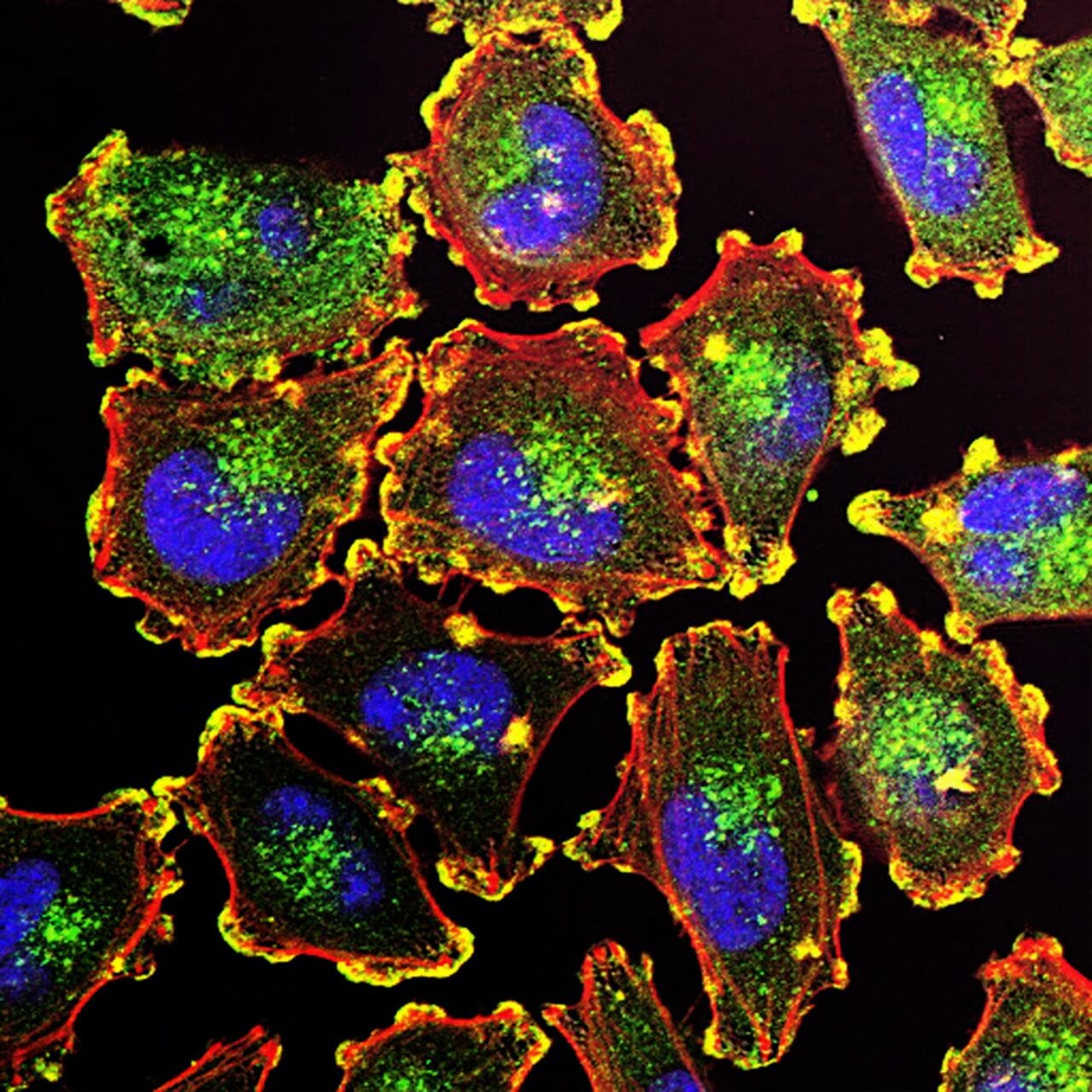Cancer symptoms have not gone anywhere, so why has the number of urgent referrals reduced?
The willingness of our nation, and many others around the world, to stay at home in order to protect health services, the elderly and the vulnerable, will likely go down as the greatest act of solidarity and unity of our generation.
It has been speculated though that there will be unintended consequences. In addition to widely reported concerns about mental health, Cancer Research UK have considered the impact of the pandemic on cancer services in the UK.
Although there are many aspects where we just have to hope that resources are being allocated appropriately, one thing we can all do, on an individual level, is look after own wellbeing; not just by exercising and maintaining a healthy diet to maintain our mental and physical health, but by seeking medical treatment when we need it.
Just because we have put our lives on hold to try and flatten the Covid curve, cancer hasn’t observed this ceasefire. Yet, despite the relentless nature of cancer, urgent cancer referrals have dropped by around 25% in England. One specialist has said on Twitter that he would be surprised if 5,000 cases are diagnosed this month – normally, in April, around 30,000 would be diagnosed.
Cancer Research UK has put this down to various factors: from a decrease in patients attending their GP, to GPs making less hospital referrals.
It can’t be stressed enough, that cancer has not stopped and GPs are still open for business. Cases which go undiagnosed and/or missed now, will not disappear; they will stack up week-on-week, potentially leading to more issues in months to come. There’s often not much we can do, in practical terms, to help our health service, but in this instance there is. All you have to do is look after yourself, by seeking appropriate advice if you have any sign(s) of cancer.
Here is a timely reminder of some of the symptoms you should not ignore, even in these unprecedented times. Please bear in mind that this is not a diagnostic tool and only includes some of the most common symptoms. If you have anything you are concerned about, you should contact a doctor.
Coughing
During the current pandemic, a cough is a symptom we are all being extra vigilant for. Although coughs can be caused by a variety of illnesses or conditions, if you cough up any blood – no matter how much, or how it appears – or you have a persistent cough, you should speak to your GP.
Breathlessness
Breathlessness is another symptom that we are particularly watchful for at the moment, but could also be indicative something else. Although it is not unusual to feel out of breath every now and then, if it is a feeling you’re experiencing more than usual, or a lot of the time, contact your doctor.
Heavy sweating at night
A third symptom in common the Covid-19 virus, is heavy sweating. It is a symptom that is also associated with infection and around the time of the menopause, but very heavy night sweats can also be a sign of cancer, so call you GP if it is something you are experiencing.
Unexplained weight loss
If you’re one of the people who have taken the opportunity to use the extra time on your hands caused by the pandemic to get in shape, by working out at home, a bit of weight loss might be nothing to worry about, but if you’ve lost a noticeable amount of weight, in a short amount of time, without trying to, you should speak to your GP.
Pain and aches
Another symptom that might be nothing to worry about, if you have taken the opportunity to get in shape and are just feeling the effects of sore muscles, or alternatively if you are elderly, is aches and pains. Although these can be perfectly normal, if you have an unexplained, ongoing pain, or a pain which comes and goes, you should speak to your doctor.
Unexplained bleeding
Although there are a variety of possible causes for bleeding during urination, blood in your stools or spotting from your vagina, you should ask your doctor to investigate these symptoms.
Change in bowel or bladder habits
Looser stools, pooing more frequently or constipation can all be signs of cancer. Although stomach bugs can cause a change in bowel habit, it is important to tell your doctor, to rule out something more sinister.
Likewise, needing to urinate more frequently, or urgently; or on the other end of the spectrum, being unable to go and/or experiencing pain can all be indicative of cancer, or other conditions, but you should consult your doctor to investigate.
Croaky voice/hoarseness
Although it can be a symptom of the common cold, a croaky or horse, voice which doesn’t recover on its own is a symptom you should not ignore.
Persistent heartburn or indigestion
After eating certain types of meals it is common to occasionally experience some heartburn or indigestion, but if it is something you are experiencing regularly, or is particularly painful, you should contact your doctor.
Mouth or tongue ulcer
Ulcers are not uncommon, particularly if you are feeling run down, but, the lining of the mouth renews roughly every two weeks, so if you have an ulcer that doesn’t heal after three weeks, you should consult your doctor or dentist.
Persistent bloating
Abdominal bloating which comes and goes, is common for women to experience, but if you feel bloated most days – even if it comes and goes, you should speak to your doctor.
Difficulty swallowing
Although some medical conditions make it hard to swallow, if it is a persistent problem, which has not gone away, you should ask your doctor for advice.
Sores which do not heal
Damaged skin should heal relatively quickly, so a spot, sore or wart which does not heal – even if it is painless – is something you should speak to your doctor about.
Moles
Most moles are harmless, but if you have a new or existing one which changes size, shape or colour and becomes crusty, or oozes, you should tell your doctor.
Loss of appetite
There are many causes for appetite loss, but if you are not as hungry as usual, and it does not improve, speak to your doctor.
Unusual lumps or swelling
Persistent lumps or swelling anywhere in your body should not be ignored. Lumps are most often found in the neck, armpit, stomach, groin, chest, breast or testicles.
With regard to breasts, it’s not just lumps to be on the lookout for. Changes in the size, shape, feel, as well as any skin changes, redness or pain of the breast are all things which you should contact your doctor about. And don’t forget that changes in the nipple should also be taken seriously, including fluid leakage from a woman who is not breastfeeding.





